Maybe more than any of his previous albums, Xavier Rudd’s Dark Shades of Blue is a balance of darkness and light. That’s what the Australian singer-songwriter/one-man band/didgeridoo virtuoso hears in the disc.
Plenty of each went into making the disc. Dark Shades of Blue is the first Rudd album in several years to be recorded in Australia. As a result, it bears the joy and peace of mind that comes with an often-touring artist gets a chance to catch his breath.
Recorded in Byron Bay on Australia’s eastern coast, it found the 30-year-old Rudd cutting tracks in the evening, before going to sleep under the stars, staring up at the Southern Cross and the Milky Way, his retriever curled up by his side. “Even though it’s a darker album,” says Rudd. “I think there is a lot of sunshine in the record. There’s brightness in the instruments, tonally, and I can hear the humidity in the didgeridoos, and in the guitar. I can hear that humidity, the warmth of the climate in Byron Bay.”
Conversely, the disc’s lyrics show the wear and tear that seemingly endless touring has had on his head and heart: “What I see is a continuation of the gratitude for what I do, and where I get to come home to—in relation to a lot of the places I see on the road—but there’s also some heartache, missing people and missing my alone time, and my home, and things that make me tick. I had a much busier year last year and I was feeling the pressure of it a lot more. Even though the shows were amazing, I was feeling the pressure of touring more.”
“There are a few different moods that come through it. There were a few different personal bridges I crossed last year, in terms of my family history. There’s a well-rounded emotional landscape to the songwriting, and down to the production of the album—I think we pulled it off.”
Produced by Rudd and mixed by Joe Barresi (Tool, Queens of the Stone Age), Dark Shades of Blue finds Rudd at his most assertive, heavy and psychedelic. Dusky and cool, the disc’s guitar-driven jams expand on a sound only hinted at on previous releases, as distortion often supplants the pretty jangly guitars heard on earlier work, like 2007’s White Moth. While Rudd’s signature didgeridoo remains, along with the myriad of instruments and voices featured on other records, the results are less “world music” than they are the makings of a truly global record. The disc’s opener, “Black Water” emerges from a “Voodoo Chile”-like beginning, before rising and falling like a mighty sonic wave. The title track is equal parts tempered, fuzzed-out funk, unrestrained Ben Harper and Tool-ish swirls of a groove threatening to explode. There’s tension, yes, but also lonely beauty in songs like “Shiver.”
“White Moth was the first recording where I was able to incorporate more bits, and where I had more budget and more time. On that album, I tried to create a reflection of the bigger sound live, and White Moth was a stepping stone toward achieving that. I think I really achieved it with Dark Shades of Blue.”
The disc is the first to feature the extensive playing of drummer/percussionist Dave Tolley, a guest on White Moth, and a staple of Rudd’s live show for the past year and a half. “Being on the road with Dave marked the frst time I had a lot of time with someone else in a touring situation, so every soundcheck we dedicated to Dark Shade of Blue. His playing on this record is awesome, and it was nice to see him have the space and time to open up. As a result, I think the songs are a lot more tight, uniform and more interesting. By the time we got in to lay them down, we sort of had it already and we flew through it.”
A one-man-band/multi-instrumentalist who plays guitars, Yidaki (didgeridoos), Weissenborn slide guitars, stomp box, harmonica, and percussion, Rudd made his U.S. debut in 2004 with Solace. In the years since, his popularity and reputation have begun to mushroom for a string of conscious, heartfelt songs and an impressive stage show that finds him performing those songs’ guitar, didgeridoo and various percussion parts simultaneously—using a unique set-up that finds him literally surrounded by his various instruments and singing from behind a stand holding three didgeridoos (of different keys).
Related articles
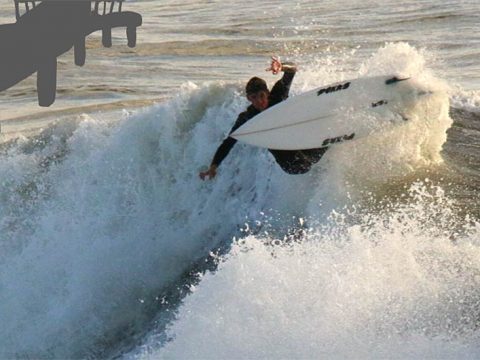



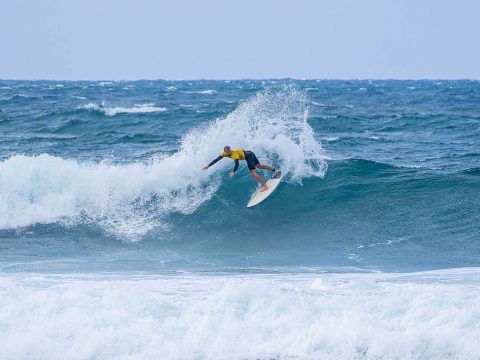


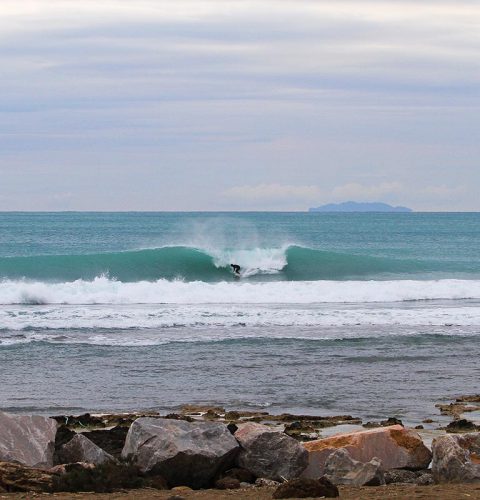

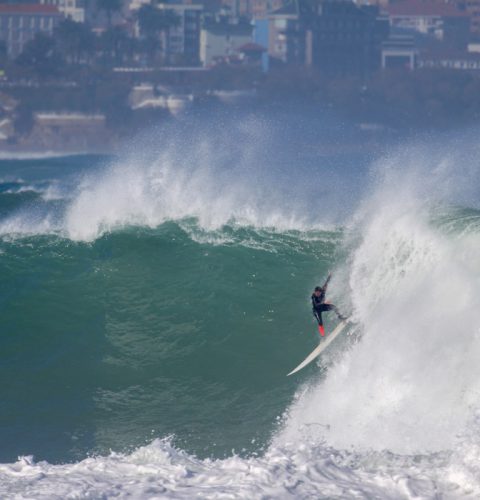
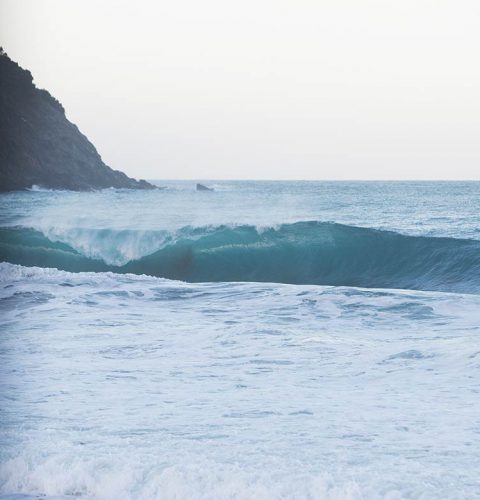
Lascia un commento